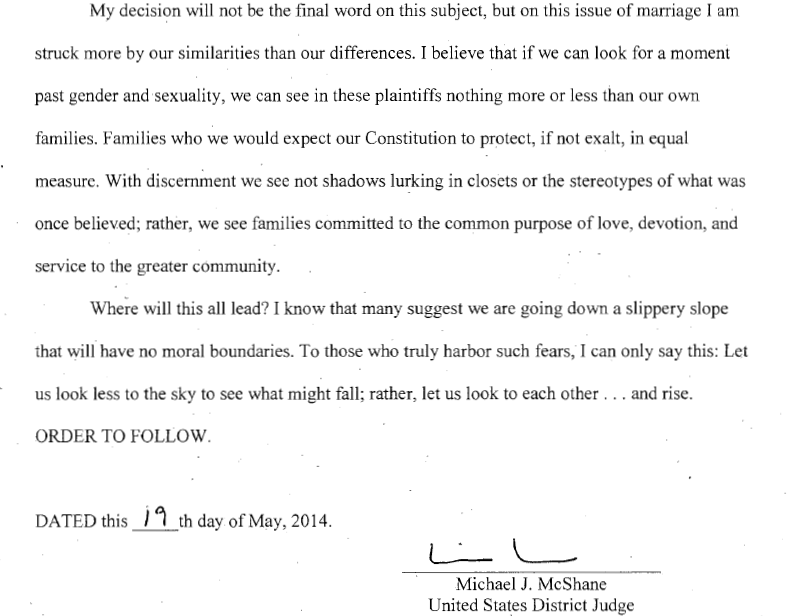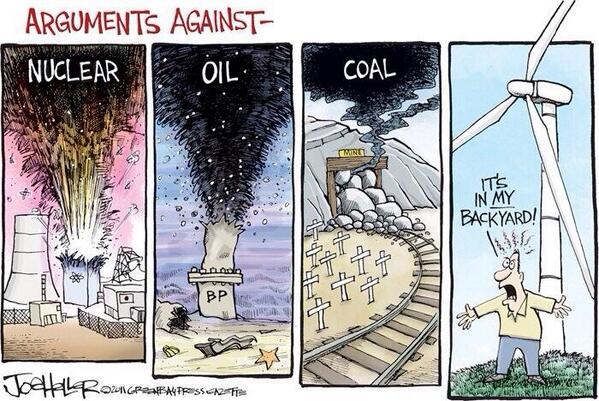It's a little difficult to see what either Lennart Bengtsson or GWPF saw in the other.
Bengtsson certainly is no skeptic. GWPF should have known that. Maybe they liked the big name and he liked being asked. As William Connolley
writes, maybe Bengtsson didn't really know what he was getting into:
"...Lennart Bengtsson, sounding somewhere between very naive and emeritus, joins the GWPF, talking the usual nonsense (I believe most serious scientists are sceptics) indicating that either he really doesn’t know what’s going on, or is deliberately obfusticating. Now, it seems, his various respectable colleagues have pointed out his silliness to him. So he’s ditching the GWPF, because he doesn’t want to be an outcast. But he hasn’t got the grace to admit the foul-up is all his error."
If you at Bengtsson's
list of publications, which goes all the way back to 1963, you find a great deal of very detailed, impressive work, in several directions. But little that would paint him as a "skeptic" -- except,
as he told der Spiegel, in the way that most scientists are skeptics.
This
2011 paper found "that the models have a minor systematic warm bias in the upper troposphere."
In this
2013 paper, Bengtsson finds a
lower bound for transient climate sensitivity of 1.5 ± 0.3°C, and for equilibrium climate sensitivity of 2.0 ± 0.5°C. Those are lower bounds, mind you. That puts him squarely in the AGW camp.
A
2002 paper on which Bengtsson was a co-author finds "...that anthropogenic forcing is a likely explanation for the observed global ocean warming over the past five decades."
This
2002 paper finds significantly fewer hurricanes in a greenhouse-warmed climate.
And so on. Nothing radical, clearly with great attention to the details.
He goes further from the middle in the
der Spiegel interview. He says "Since the end of the 20th century, the warming of the Earth has been much weaker than what climate models show," which the reporter rightly points out the IPCC 5AR discussed in detail. He replies, "Yes, the scientific report does this but, at least in my view, not critically enough. It does not bring up the large difference between observational results and model simulations." (Large? Maybe Bengtsson doesn't know about Cowtan & Way.) But then
I have full respect for the scientific work behind the IPCC reports but I do not appreciate the need for consensus.
OK. But while there is a consensus on almost all of the science since Galileo, except at the edges, the need for a "consensus" on climate change isn't driven by science,
but by the environmental problem -- because climate is changing so fast, we don't have forever to sit around and get the science down to the sixth decimal place. We need to act, in the face of uncertainty, so knowing what the scientists by-and-large agree on is vital. And they -- and, Bengtsson, clearly, agree that our CO2 emissions are creating a lot of change, with serious consequences.
He then says it's very hard to see all the societal changes in the next 100 years (OK. So what?), and
Bengtsson: No. I think the best and perhaps only sensible policy for the future is to prepare society for change and be prepared to adjust. In 25 years, we'll have a world with some 9 to 10 billion people that will require twice as much primary energy as today. We must embrace new science and technology in a more positive way than we presently do in Europe. This includes, for example, nuclear energy and genetic food production to provide the world what it urgently needs.
which also seems sensible. Too sensible for GWPF, frankly. Or maybe the last sentence plays well in certain circles of Europe.
Who knows what his friends and colleagues told him since he joined GWPF. They have a right to express their displeasure, and even to withdraw co-authorships on papers if they want, because Bengtsson clearly stepped out of the scientific arena and that may have made some of them uncomfortable.
And perhaps Bengtsson is, being from a different era (he's 79), not fully aware of the way the Internet has changed the pace of the debate and increased its ferocity. It's probably safe to assume that Bengtsson received the usual deluge of email crap that climate scientists who speak publically get. That's unfortunate, but hardly new, and hardly -- unlike
the usual hypocrites are pretending -- one-sided. Where have they been for the last 20 years?
This week Marco Rubio got hammered for his denialism. The WAIS melting was found to be unstoppable. Now Bengtsson gets roundly criticized for aiding the deniers. Perhaps people really are starting to take climate change seriously -- and, yes, getting a little angry about it.

























